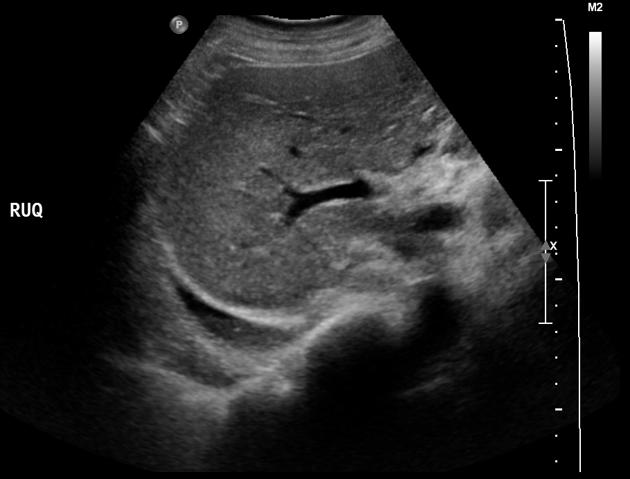Chest Pleural Effusion Ultrasound

Accurate Diagnosis and Assessment
- Fluid Localization: Precise ultrasound imaging to identify and localize pleural effusions, facilitating accurate diagnosis and determining the extent of fluid accumulation.
- Characterization of Effusion: Detailed assessment of the characteristics of pleural fluid, including its echogenicity, mobility, and septations, aiding in the differentiation between transudative and exudative effusions.
- Evaluation of Underlying Pathology: Thorough examination of the pleural space and adjacent structures to detect underlying causes of pleural effusion such as infections, malignancies, or congestive heart failure.
Guidance for Therapeutic Interventions
- Ultrasound-Guided Procedures: Precise localization of pleural effusions for safe and effective therapeutic interventions such as thoracentesis, pleural biopsy, or chest tube placement.
- Optimizing Procedure Outcomes: Real-time visualization during procedures to ensure accurate needle placement, minimize complications, and maximize the yield of diagnostic samples obtained.
- Monitoring Response to Treatment: Serial ultrasound examinations to monitor the resolution of pleural effusions following therapeutic interventions and assess for any recurrence or complications.
Patient-Centered Care and Support
- Minimally Invasive Approach: Offering minimally invasive ultrasound-guided procedures as a less traumatic alternative to traditional surgical interventions, promoting patient comfort and faster recovery.
- Clear Communication and Education: Providing patients with clear explanations of the procedure, its purpose, and potential outcomes, empowering them to make informed decisions about their care.
- Collaborative Care Team: Working closely with pulmonologists, thoracic surgeons, and other healthcare providers to ensure comprehensive evaluation, management, and follow-up of patients with pleural effusions, optimizing outcomes and quality of life.



